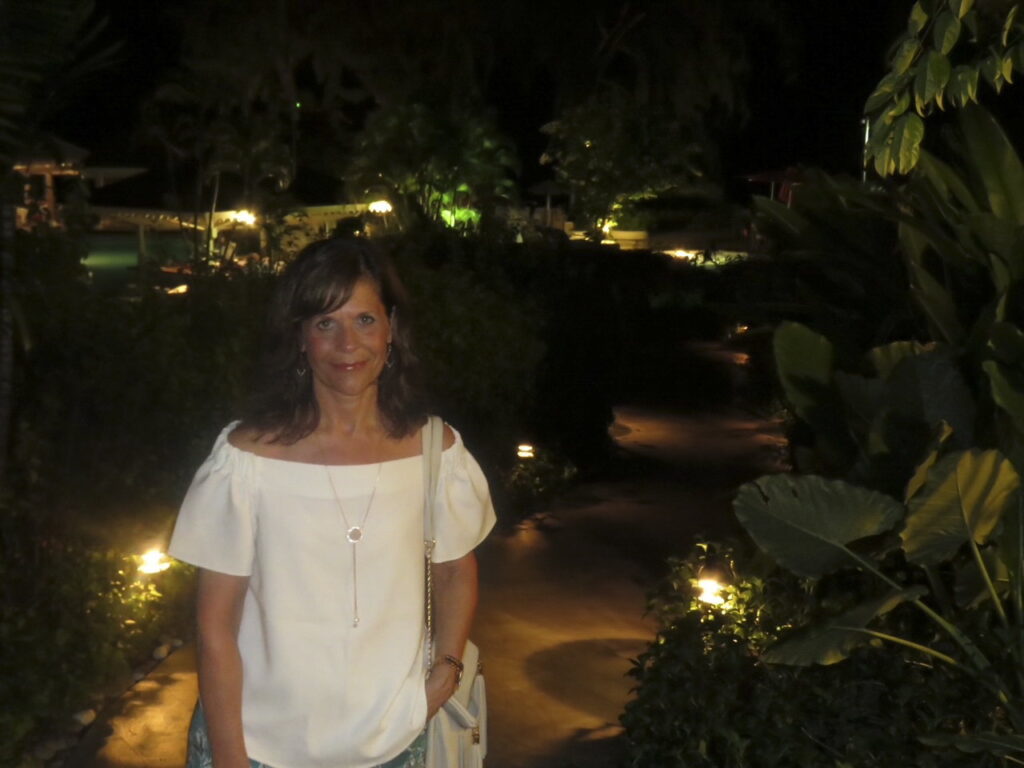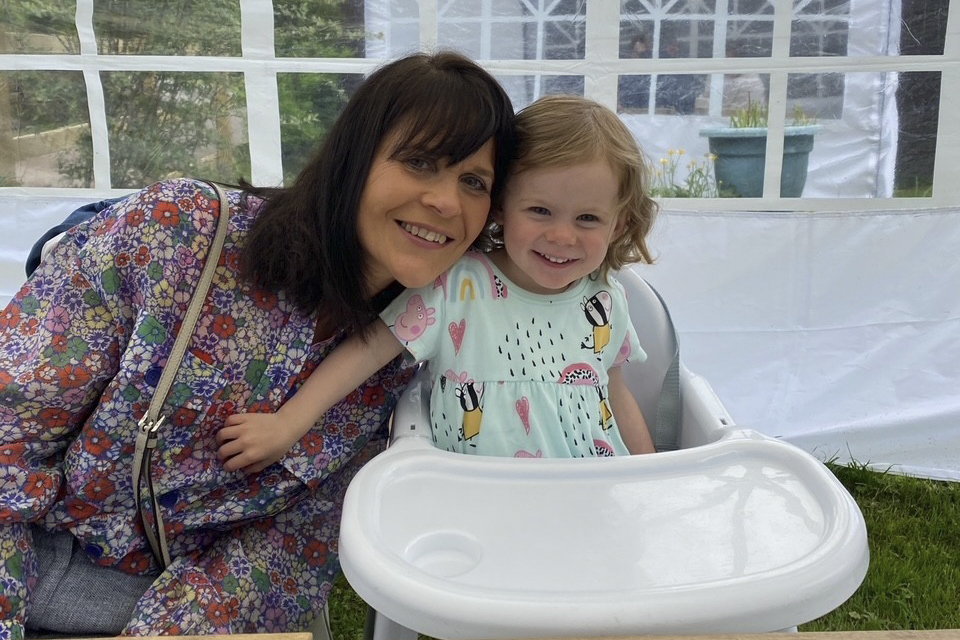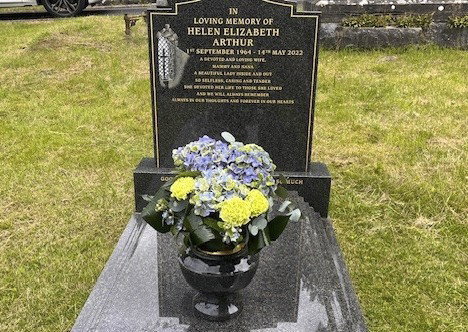A mum-of-two died from an aggressive brain tumour after her back pain was initially misdiagnosed as a trapped nerve.
Helen Arthur, 57, first became unwell on Good Friday in April 2019, experiencing persistent back pain and visual disturbances.
Her GP put it down to a trapped nerve but Helen’s condition didn’t improve.
After developing headaches, Helen had an eye test, and her optician thought she may have suffered a minor stroke, so sent her to hospital.
A CT scan revealed a mass on Helen’s brain and she was diagnosed with a glioblastoma, an aggressive and incurable brain tumour.
In May 2019, Helen underwent surgery to remove the tumour, followed by six months of combined chemotherapy and radiotherapy.
But a routine monitoring scan in 2021 showed recurrence and Helen underwent another course of combined radiotherapy and chemotherapy.
A a further MRI scan revealed multiple inoperable tumours had developed and her condition deteriorated too quickly to treat it.
Helen, of from Merthyr Tydfil, Wales, died in May 2022, three years since her initial surgery.

Helen’s husband Brent Arthur said: “We were told Helen had a brain tumour which was a complete shock.
“The doctors said most people survive just two to three years.
“Words left me, I was speechless.
“We were told there would be a recurrence, but it took us by surprise, we thought we had more time.”
After Helen’s first CT scan, at Prince Charles Hospital in Wales in Merthyr Tydfil, which revealed a mass, she was transferred to the University Hospital of Wales in Cardiff.
Brent recalled getting the awful phone call from his son, revealing the devastating news in May 2019.
He said: “I wasn’t feeling well so I went to bed and expected our son Benjamin and Helen to be home within a couple of hours.
“I got a call from Benjamin saying I needed to go to the hospital.
“Confused as to what could be wrong, I went.
“That was when our lives changed.”
After her surgery, plus six months of combined chemotherapy and radiotherapy, it was thought to have been a success.

Helen was monitored with quarterly scans as she continued to live an active life, and spend time with her family and grandchildren.
In late 2021, one of these scans showed the recurrence.
A further course of treatment was planned, and Helen underwent another course of combined radiotherapy and chemotherapy.
A further MRI scan in April 2022 revealed multiple inoperable tumours had developed.
Just a week later, Helen’s original pathology results showed she had a one-in-three million genetic mutation, which might respond to targeted medication.
Sadly, by this point, Helen’s condition had deteriorated, and treatment was not possible.
Brent said: “We were all shocked and devastated.
“We spent as much time together as possible, with the children and grandchildren.
“Seeing Helen decline was difficult for us all.”
After she passed, Helen was survived by husband Brent as well as children Emily, 35, and Benjamin, 33, and grandchildren Penny, six, Nora, four, Isaac, three, and Rhoda, one.
Brent said: “Helen lived for her family.
“She was looking forward to reducing her work hours so she could help care for our grandchildren.
“That’s what hurts the most, she never got to enjoy the role she was so excited for.
“All she ever wanted was to be a young nan, but this cruel disease robbed her of that.”

Brent and his family have now raised more than £5,700 for Brain Tumour Research, enough to fund two days of research at one of the charity’s Centres of Excellence.
On Father’s Day on June 15, Brent completed a 10,000-foot skydive in Helen’s memory.
Brent said: “Our family has been robbed of a wife, mother and grandmother, and more funding is desperately needed for research.
“Without it, other families will continue to face the same heartbreak we’ve been going through.”
Each year in the UK, around 3,200 people are diagnosed with glioblastoma, yet just 160 will survive five years or more.
Glioblastoma accounts for one in three primary brain tumour diagnoses, and current treatment offers little in the way of long-term hope.
Letty Greenfield, community development manager at Brain Tumour Research, said: “Helen’s story is heartbreaking and all too common.
“Glioblastoma is an aggressive brain cancer with limited treatment options and a devastating prognosis.
“We are incredibly grateful to Brent and his family for honouring Helen’s memory through their fundraising.
“It’s support like this that helps us push for better outcomes and ultimately a cure.”

